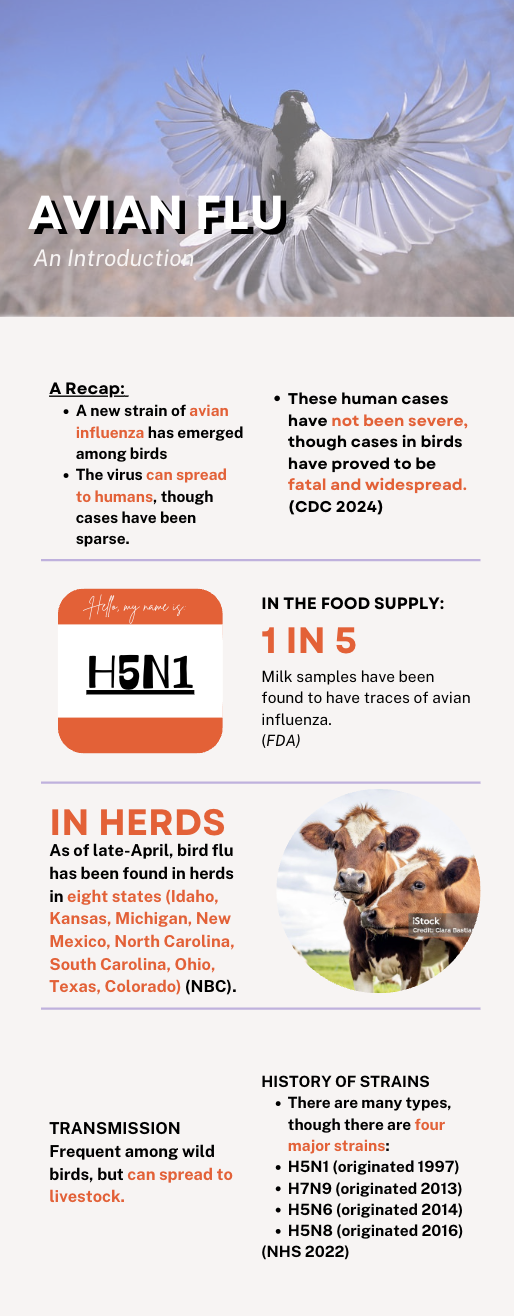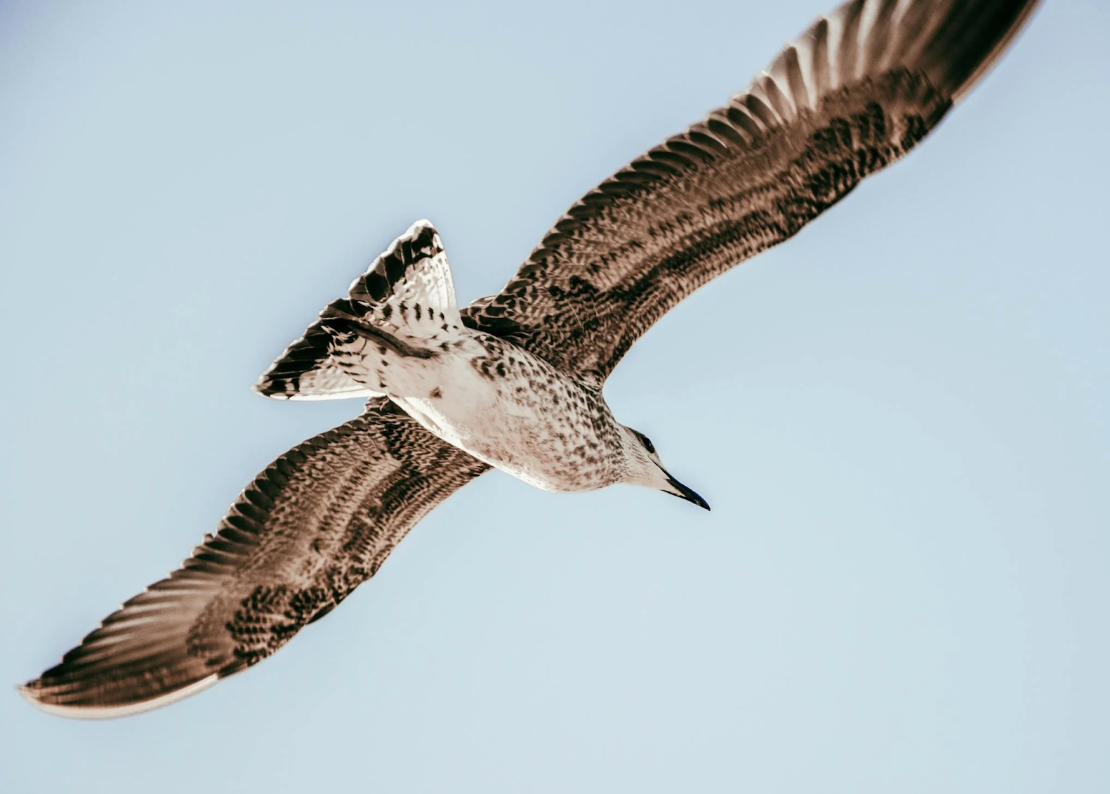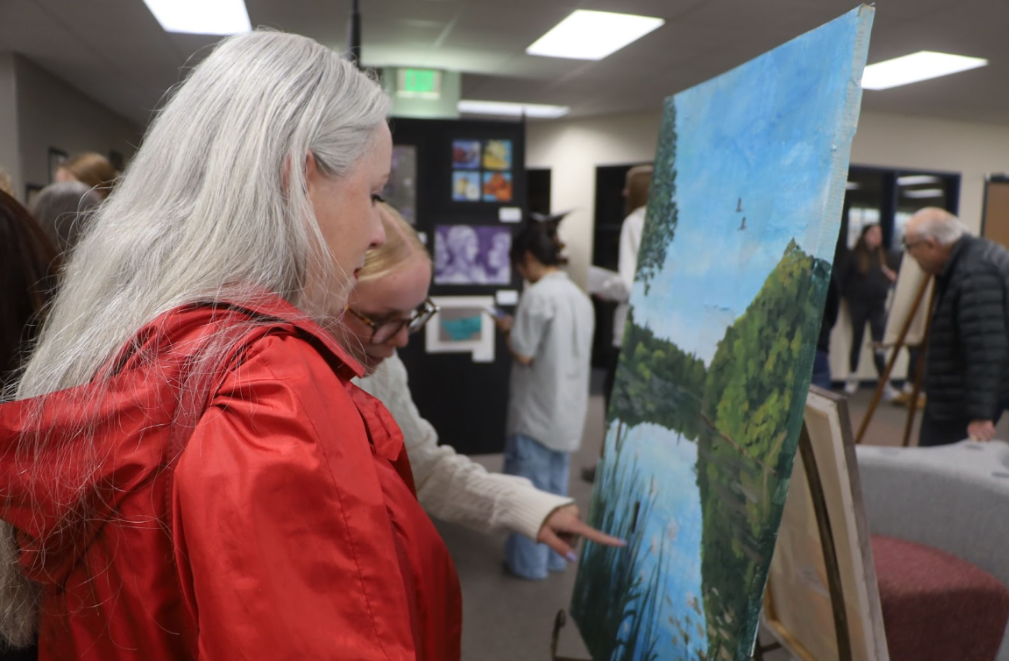Many people wince when they remember their time in lock-down as a result of the COVID-19 pandemic. Now, scientists fear the arrival of a new one: Avian Flu. The symptoms of Avian Flu observed typically in birds include high temperatures, headaches or shortness of breath. Although cases in birds have been fatal and highly contagious, instances of Avian Flu have been comparatively infrequent and non-lethal among cattle and humans. Still, scientists are concerned about potential more contagious mutations.
While there has been growing concern about Avian flu, this disease is nothing new. The first strain originated in Southern China in 1996. Since then, it has mutated and spread elsewhere.
There have been several strains of the virus in the past; H5N1 being the most recent one to cause concern. H5N1 has infected over 30 herds in nine states: Idaho, Kansas, Michigan, New Mexico, North Carolina, South Carolina, Ohio, and Texas. Most recently, cases have appeared in Colorado.
Though according to Bloomberg, few people in the United States have been confirmed to be infected with major symptoms being conjunctivitis, or pink eye. While cases have been rare, the numbers are not exactly low. According to Helen Branswell of STAT, “nearly 900 human infections have been detected. Of those people, roughly half have died.”
Dawn Pfaff, AP Environmental Science teacher, recognizes the concern many have had regarding the recent outbreak. “I think humans should be aware that new viruses are a probability and that we need to be cautious and follow the science, but we shouldn’t live in fear,” Pfaff said. “We should be mindful of our health and stay informed.”
In response to H5N1, the US government has prepared vaccines to treat human cases. If instances of the disease continue in the US, these vaccines can be mass-manufactured and shipped. According to Healthline, these doses are “attenuated, or a weakened version of the virus. As a result, it is unlikely to lead to active infections in people who get the vaccine.”
In the meantime, scientists suggest avoiding contact with wild birds, as the disease can spread between humans and birds, whether these birds are dead or alive.









